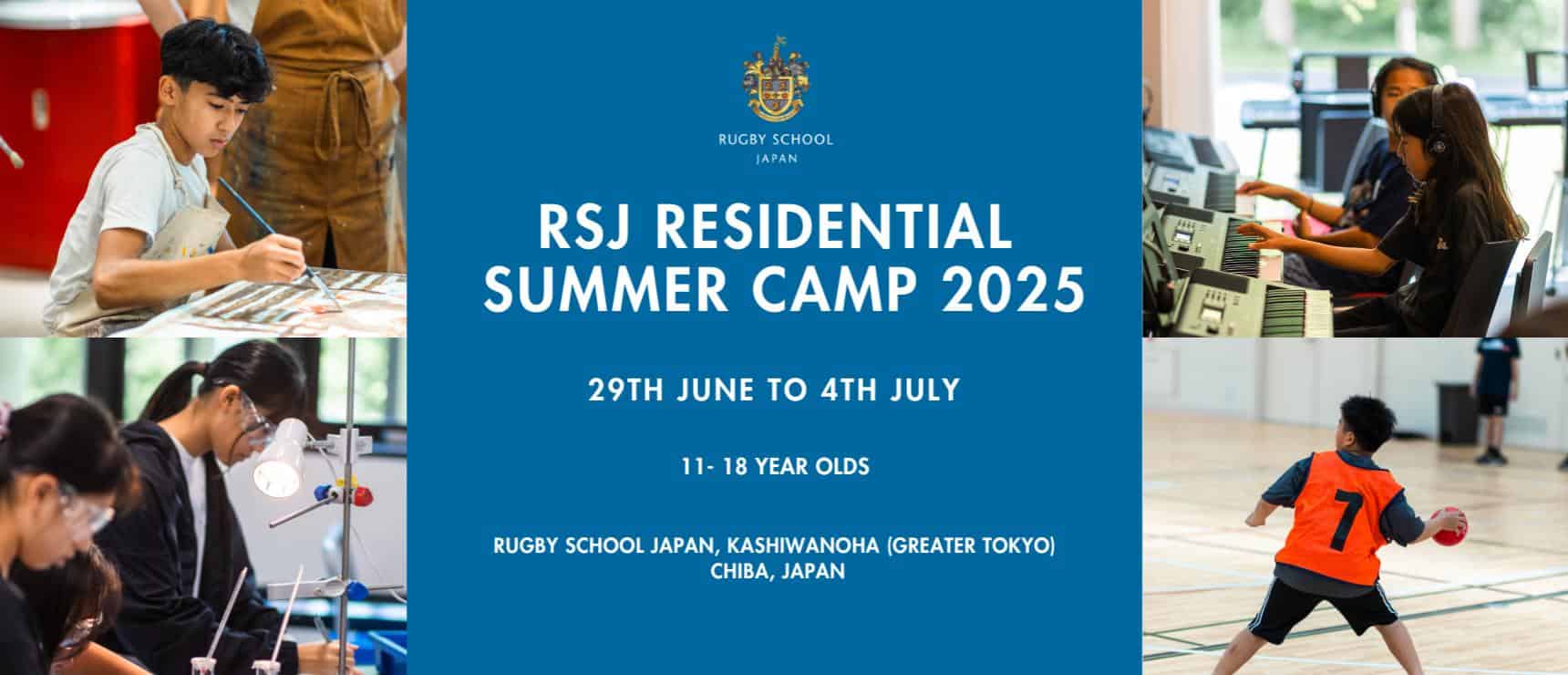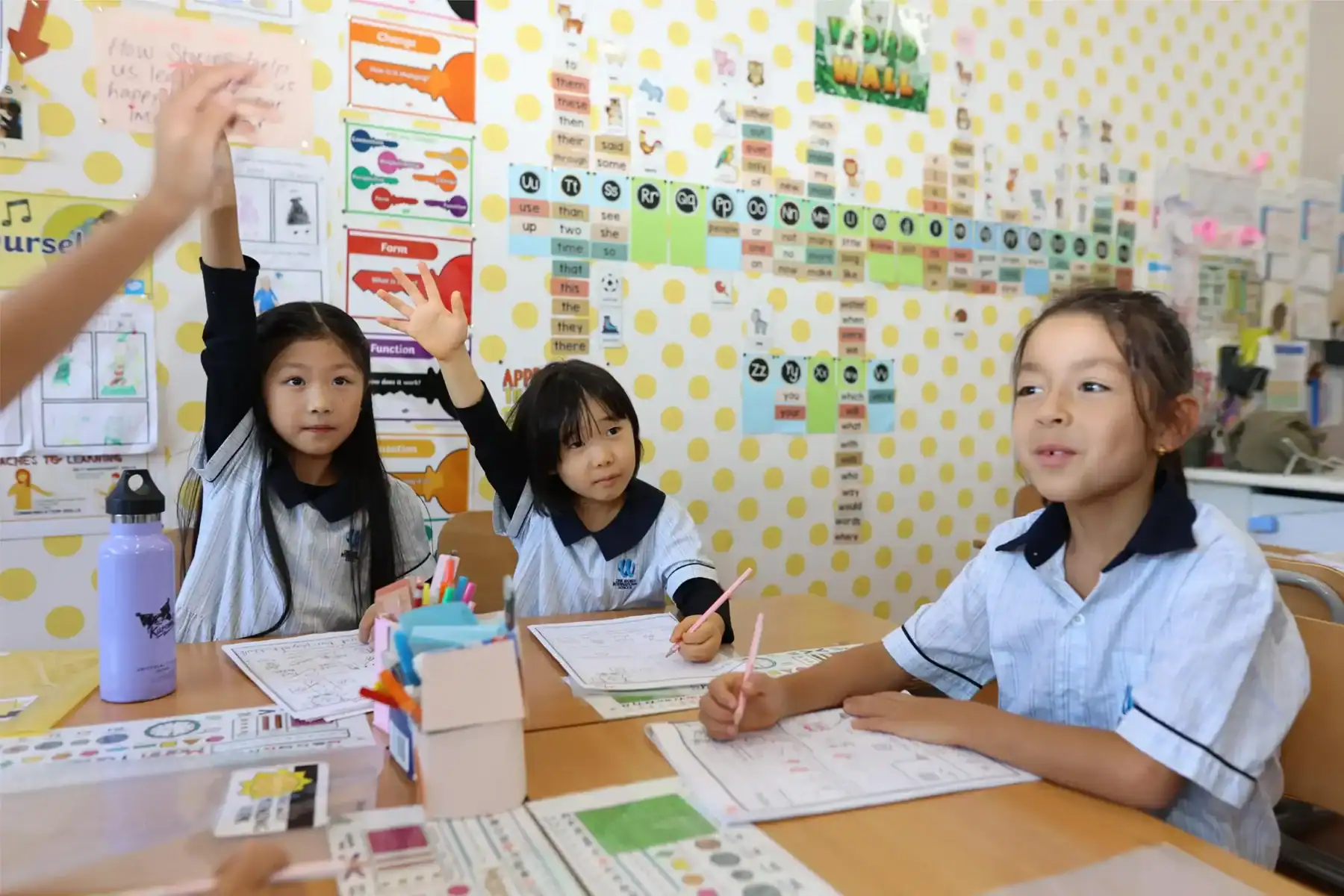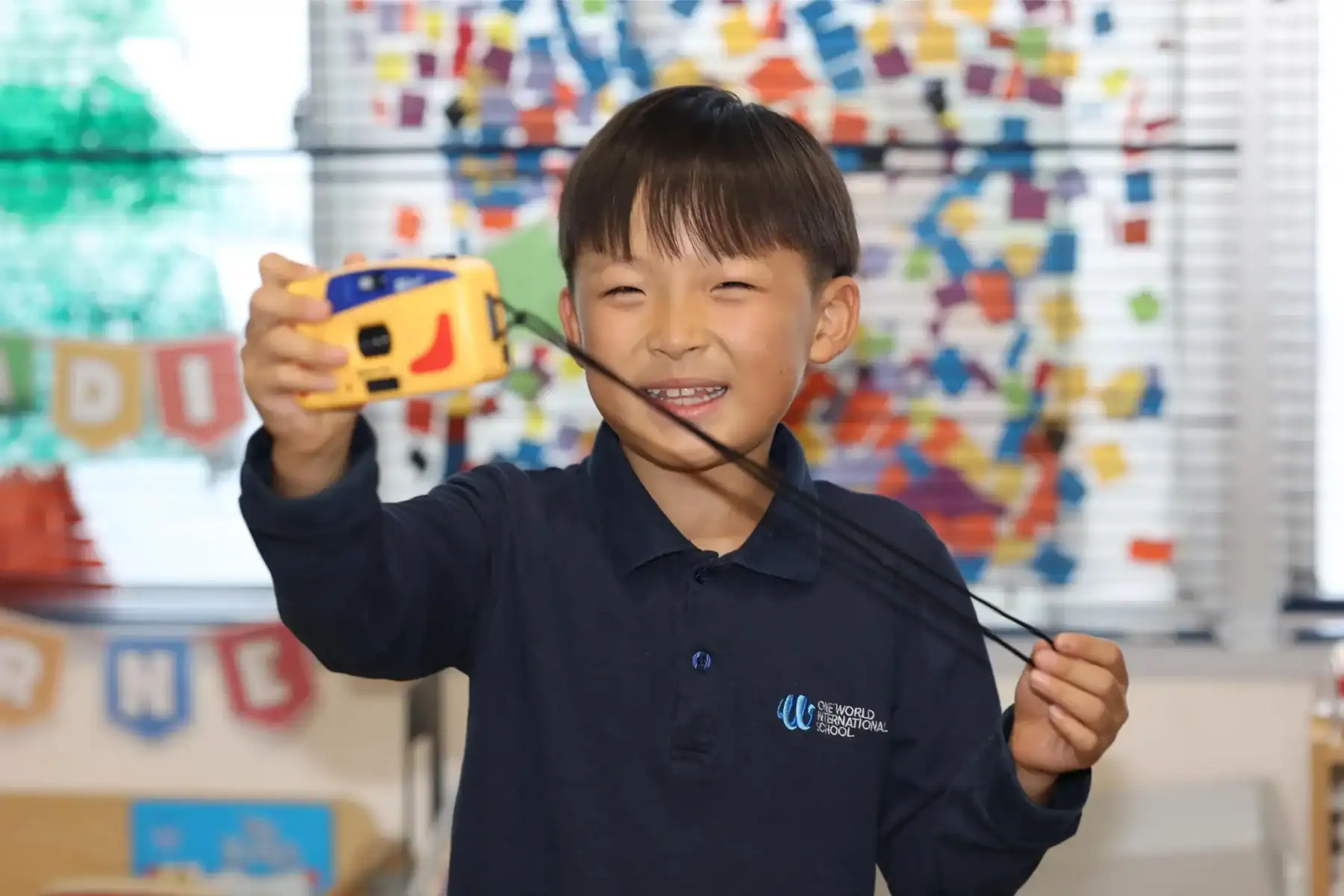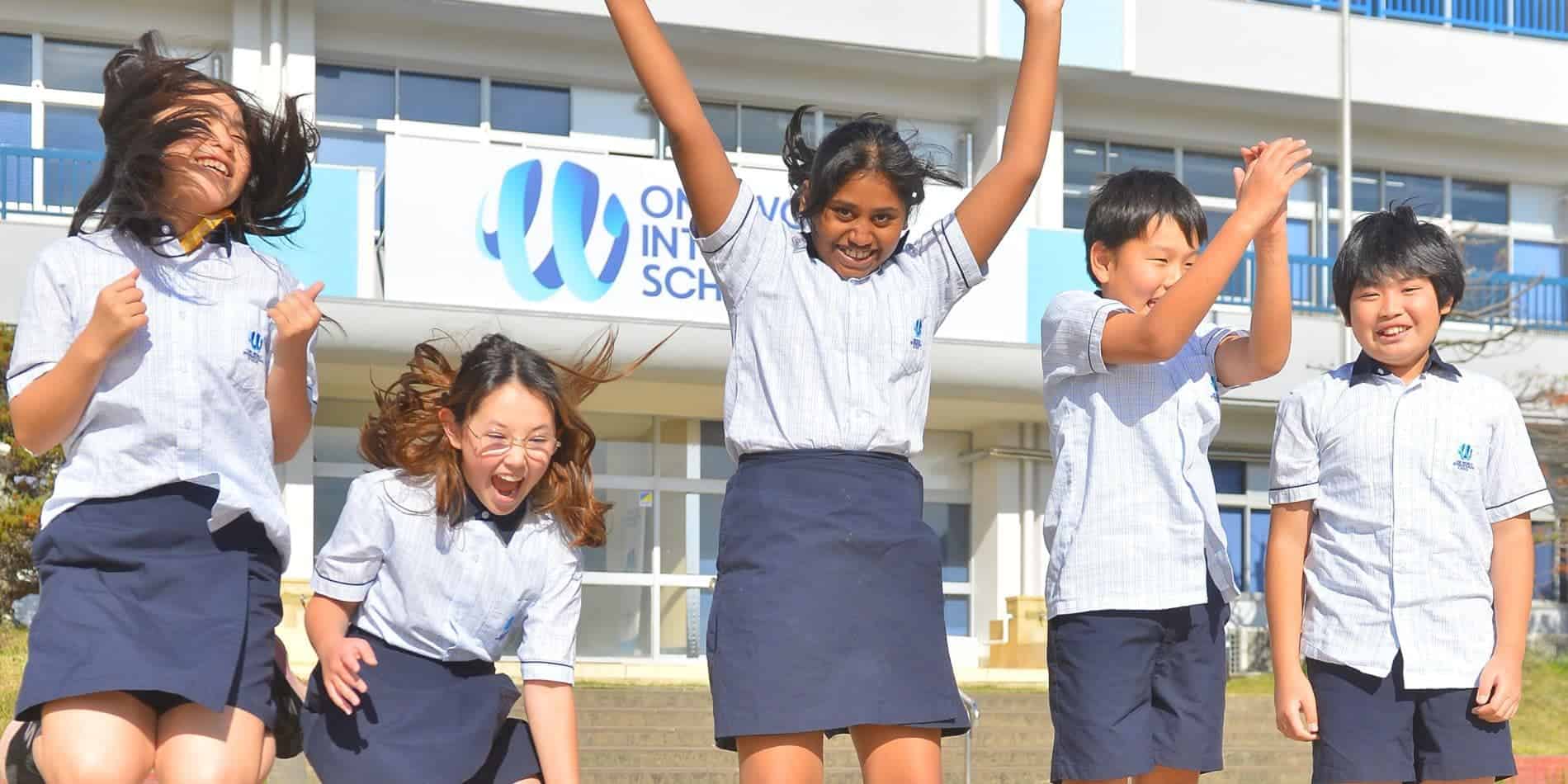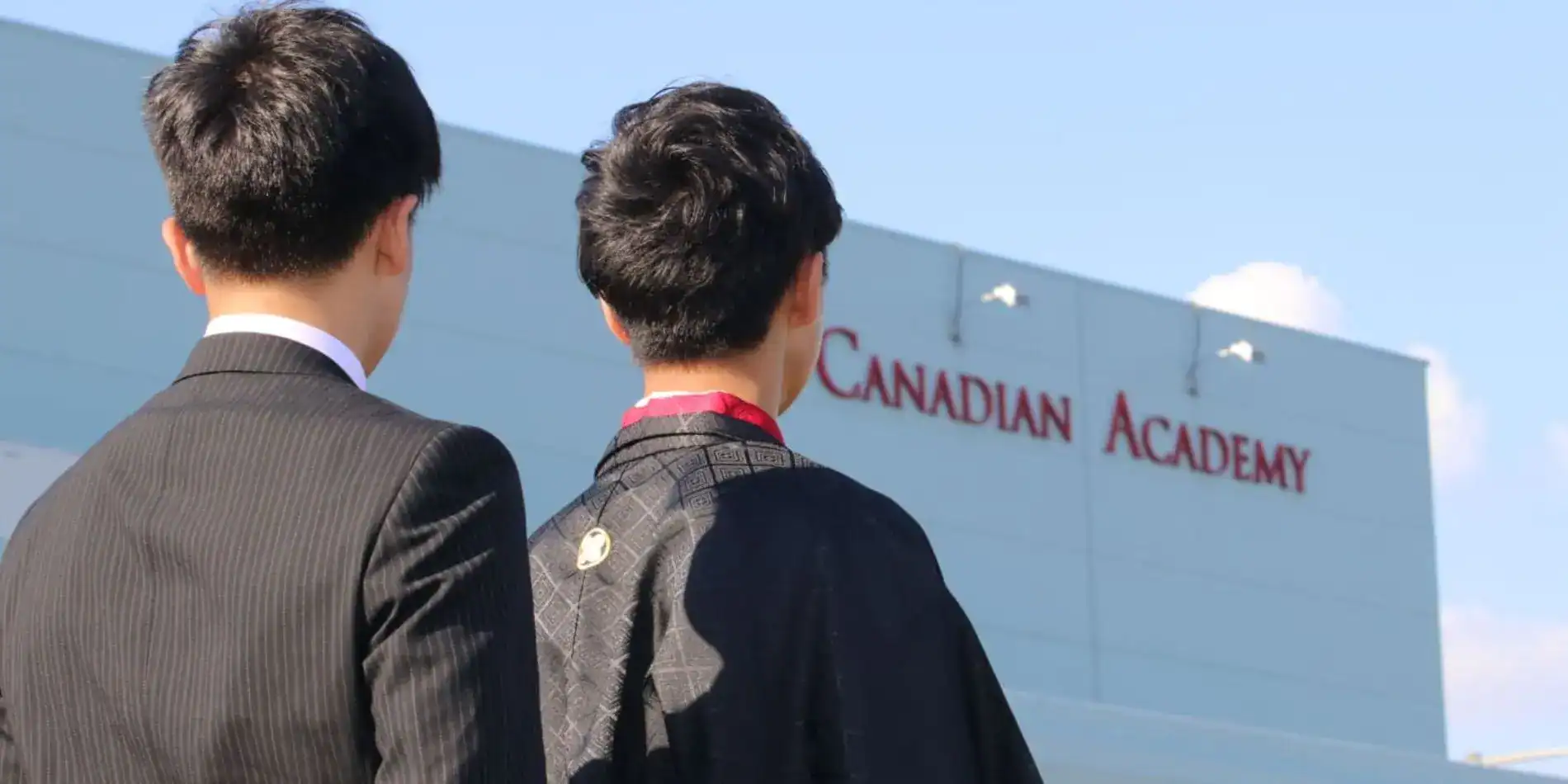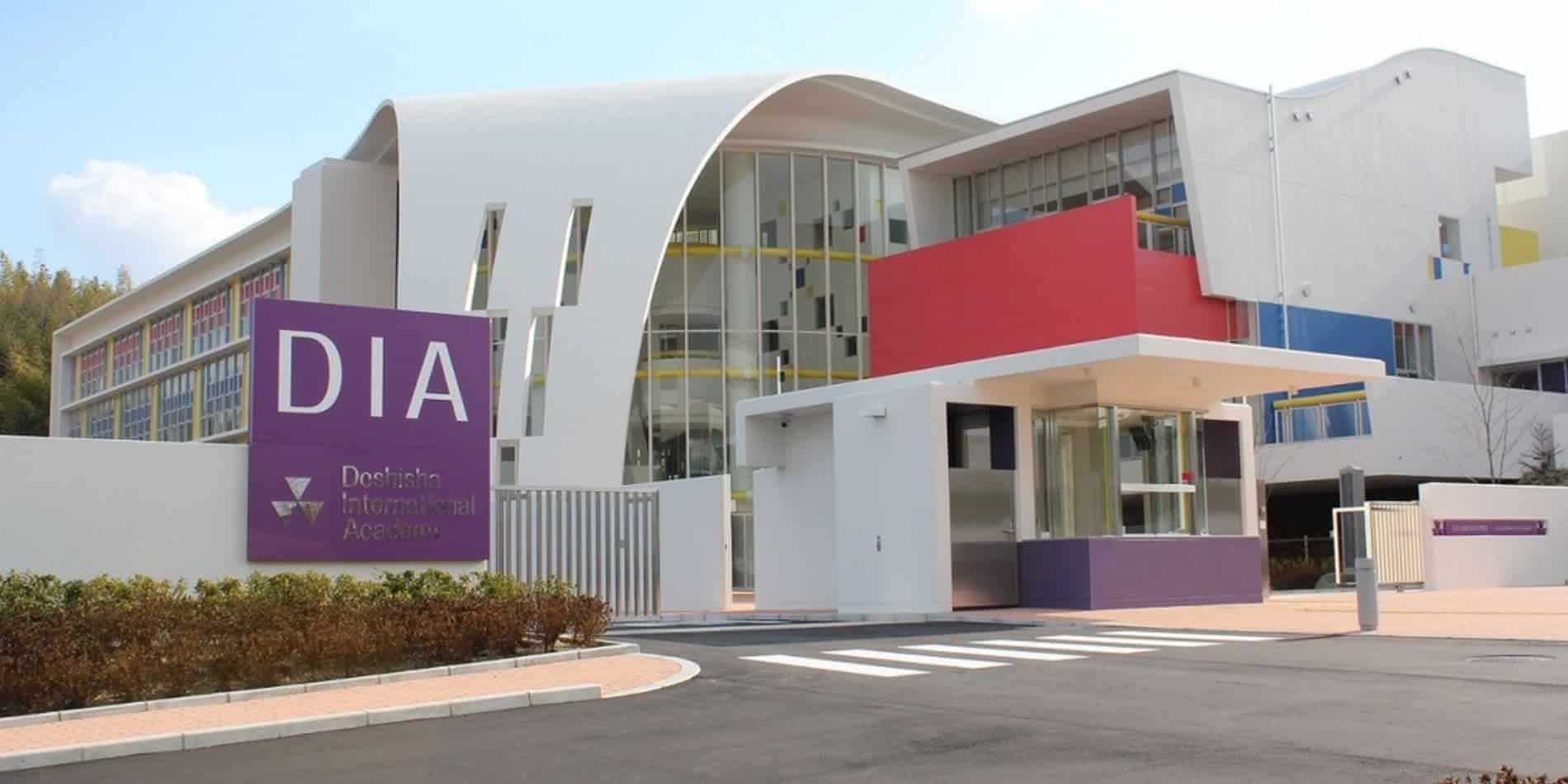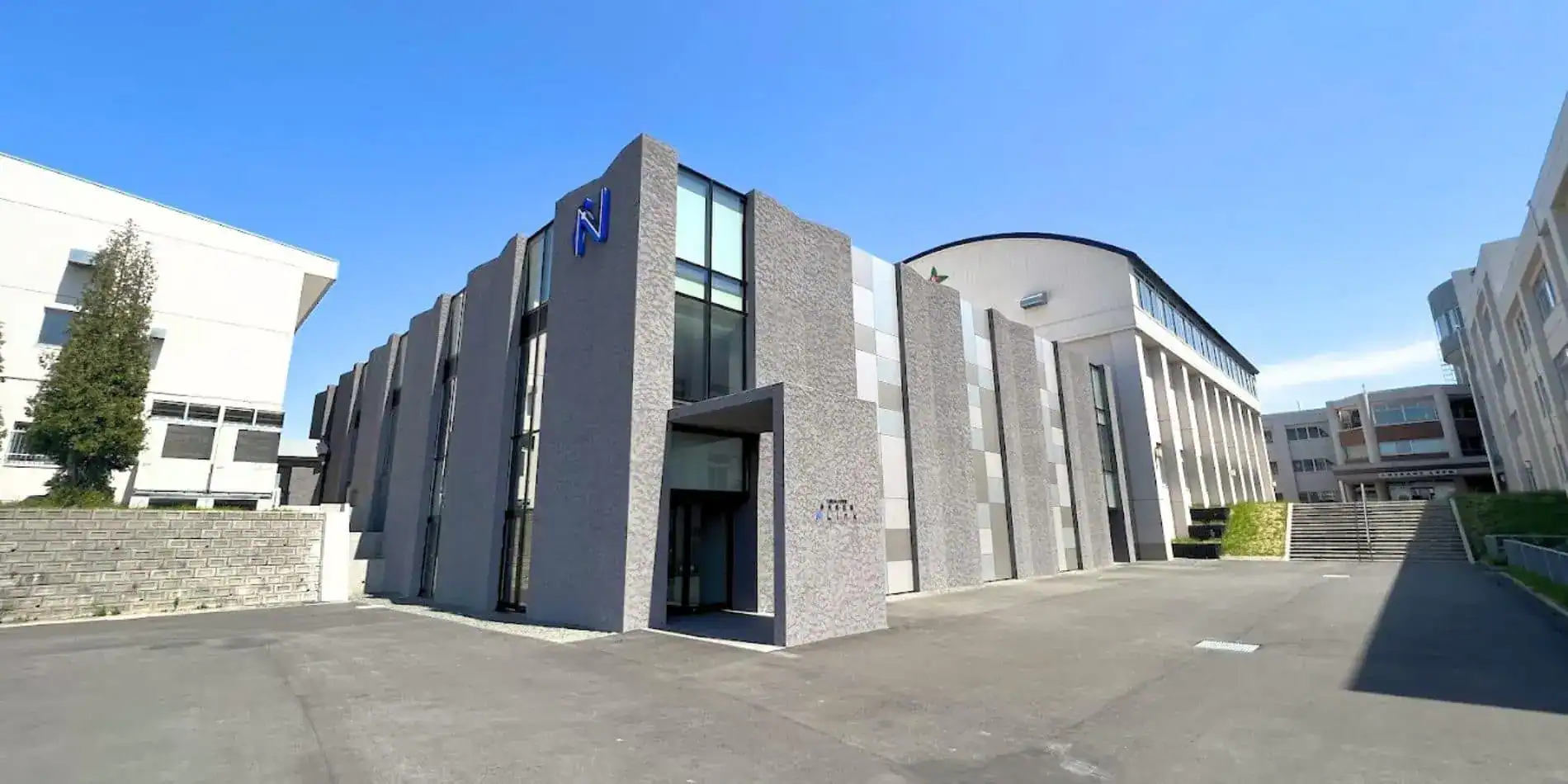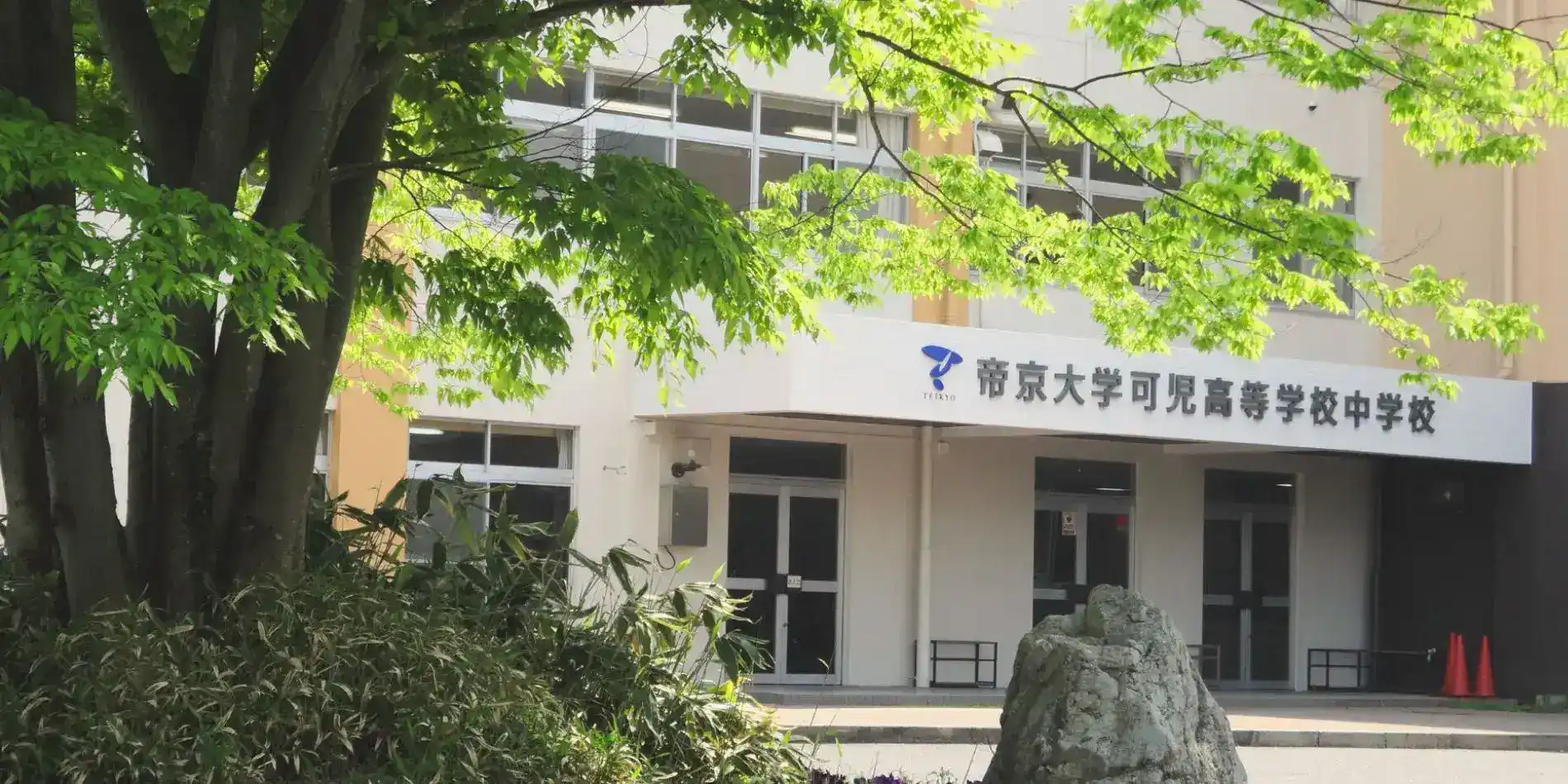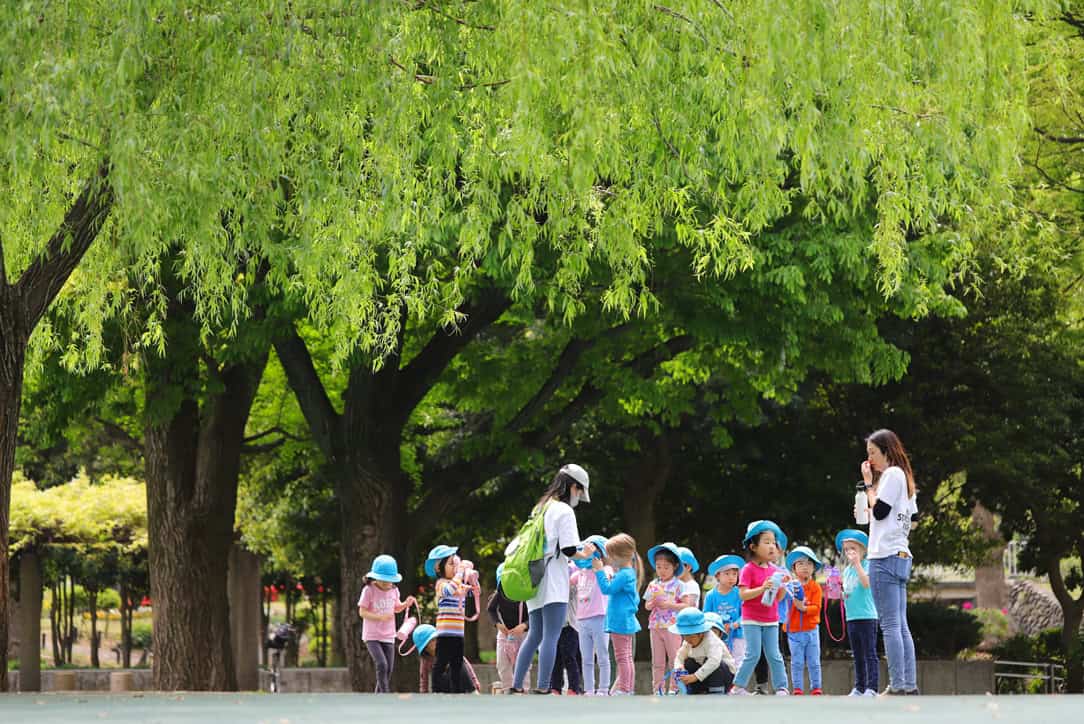Looking for the list of the best international schools in Japan in 2026? International Schools in Japan are a great choice for both local and expat families as they offer globally recognized curricula, outstanding academics plus a nurturing environment for children. Discover our selection of the best International Schools in Japan, including reviews, fees, and why families choose them.
Compare International Schools in Japan
The comparison table highlights the most relevant schools. The full list is available below. Click on column headers to sort.
| School | City | Type | Curriculum | Ages | Tuition |
|---|---|---|---|---|---|
|
Tamagawa Academy IB Programmes |
Tokyo | International School | IB Curriculum | 12–18 | JPY 1,886,000–1,902,000 |
|
One World International School Tsukuba |
Tsukuba | International School | American Curriculum, British Curriculum, Canadian Curriculum | 3–18 | Contact school |
|
One World International School Osaka |
Osaka | International School | American Curriculum, British Curriculum, IB Curriculum | 4–18 | JPY 1,417,500–1,713,000 |
| Musashino University Chiyoda High School | Chiyoda City | International School | IB Curriculum, IB Diploma Programme | — | Contact school |
| Okinawa Christian School International | Yomitan | International School | American Curriculum | 3.0–18.0 | $5,952–6,771 |
| Okinawa AMICUS International | Uruma | International School | Other | 4.0–15.0 | $4,653–6,063 |
| Okayama University of Science High School | Okayama | International School | IB Curriculum, IB Diploma Programme | — | Contact school |
| Okinawa International School | Nanjo | International School | IB Curriculum, IB Diploma Programme, IB Middle Years Programme | 2.0–18.0 | $7,161–11,675 |
| Mizuho School | Nerima City | International School | IB Curriculum, IB Primary Years Programme | 2.0–9.0 | Contact school |
| NUCB International Junior and Senior High School | Nagoya | International School | IB Curriculum, IB Diploma Programme | 12.0–18.0 | $4,025–4,193 |
Top International Schools in Japan
Filters
Tamagawa Academy IB Programmes
One World International School Osaka
One World International School Tsukuba
Rugby School Japan
AICJ Junior and Senior High School
Asahijuku Secondary School
Canadian Academy
Doshisha International School, Kyoto
Fukuoka Daiichi High School
Korea International School (Osaka,Japan)
Linden Hall High School
Matsumoto Kokusai High School
Meikei High School
Ritsumeikan Uji Junior and Senior High School
Sapporo Nihon University High School
Sendai Ikuei Gakuen High School
Shogaku Gakuen Educational Foundation
Shukoh Junior High School
Teikyo University Kani High School
Abroad International School – Okayama
Enishi International School
Aoba Japan Bilingual Preschool Nakano
Aoba-Japan Bilingual Preschool – Waseda Campus
112 more schools to discover
Why Choose International Schools in Japan
International schools in Japan attract families due to their globally recognized curricula, cultural diversity, and strong support networks. These schools cater to the educational and personal development of students, providing a stable learning environment and preparing them for a global future.
Global Curriculum and Language
One of the primary reasons families opt for international schools in Japan is the curriculum. Most international schools offer the International Baccalaureate (IB) or other internationally recognized curricula, which are known for their rigorous standards and emphasis on critical thinking and cultural awareness. This global educational model is particularly appealing to families who might not stay in Japan long-term, or for those who anticipate future relocations. Furthermore, these schools predominantly instruct in English, offering non-native speakers an invaluable opportunity to develop proficiency in what is considered the lingua franca of the global business world.
Cultural Diversity
International schools in Japan are melting pots of cultures, which is an invaluable aspect for parents who wish their children to grow up with a global mindset. The student body at these schools typically comprises a mix of expatriates and local Japanese students who are looking for an international education. This diversity exposes students to various perspectives and customs, enhancing their interpersonal skills and understanding of global cultures, which is essential in today's interconnected world.
Extracurricular Excellence
Beyond academics, international schools in Japan offer a wide array of extracurricular activities that might not be as readily available in local schools. From sports like soccer and swimming to arts such as music and drama, these activities are designed to support the holistic development of students. They allow children to explore personal interests and talents, which is a crucial aspect of personal development and can also be influential in their future educational and career choices.
Community and Support Networks
International schools also typically boast strong parent-teacher associations and communities that can be a great support network for both parents and students new to Japan. These networks help families adjust to the new environment and can be particularly comforting to those who may feel isolated due to language and cultural barriers. The community associated with international schools often organizes events and gatherings, providing a sense of belonging and easing the transition into Japanese society.
Educational Continuity
For families who move countries frequently, international schools provide a semblance of continuity in education, easing the academic transitions that accompany relocation. The consistency of curriculum allows students to pick up where they left off, without the disruption that can come from differing educational systems. This is particularly beneficial for the academic and emotional stability of the children.
In summary, international schools in Japan offer a blend of academic excellence, cultural diversity, and community support that aligns well with the needs of globally mobile families and forward-thinking local residents. These schools not only prepare students for a global future but also provide a stable and supportive educational environment amidst the challenges of living abroad.
How much does it cost to attend International Schools in Japan?
The yearly tuition fees for international schools in Japan generally range from $10,000 to $30,000 per year. This cost can vary based on factors like the curriculum, campus facilities, and services offered — with some top-tier schools exceeding $40,000 annually.
| Category | Low Range | High Range |
|---|---|---|
| Annual Tuition | $10,000 | $30,000 |
| Monthly Equivalent | $835 | — |
| Registration Fee (one-time) | $1,000 | $2,000 |
| School Trips | $500 | $1,500 |
| Total Estimated Annual Cost | $11,700 | $35,000 |
Note: Costs shown are estimates based on available data. Contact schools directly for current fee structures. Additional costs may include transportation, meals, extracurricular activities, and exam fees.
Frequently Asked Questions
There are currently 136 international schools in Japan. These schools offer curricula including IB Curriculum, IB Diploma Programme, IB Primary Years Programme, IB Middle Years Programme. Our directory is regularly updated.
Annual tuition fees for international schools in Japan typically range from $11,700 to $35,000 per year. We recommend contacting schools directly for detailed fee structures and scholarship opportunities.
International Schools in Japan offer curricula including IB Curriculum, IB Diploma Programme, IB Primary Years Programme, IB Middle Years Programme, American. The IB programme offers a globally recognized diploma. British schools typically offer IGCSEs and A-Levels. American schools follow the US curriculum with AP courses.
When selecting an international school in Japan, consider:
- Accreditation: Look for CIS, NEASC, or similar recognition
- Curriculum: Match to your family's mobility plans
- Language support: ESL/EAL programs if needed
- Community: Diversity of student body
- Transition support: Important for expat families
Use our school profiles and comparison tools to make an informed decision.
International Schools in Japan accept students from 1 to 19 years old. This covers early years through high school, with each school having specific grade levels. Use our age filters to find schools matching your child's specific needs.
The admission process typically includes:
- Application: Submit forms and required documents
- Academic records: Transcripts and recommendations
- Assessment: Entrance tests or interviews may be required
- School visit: Tours and meetings with admissions
Contact schools directly for specific requirements and deadlines.
News & Events from International Schools in Japan
See all →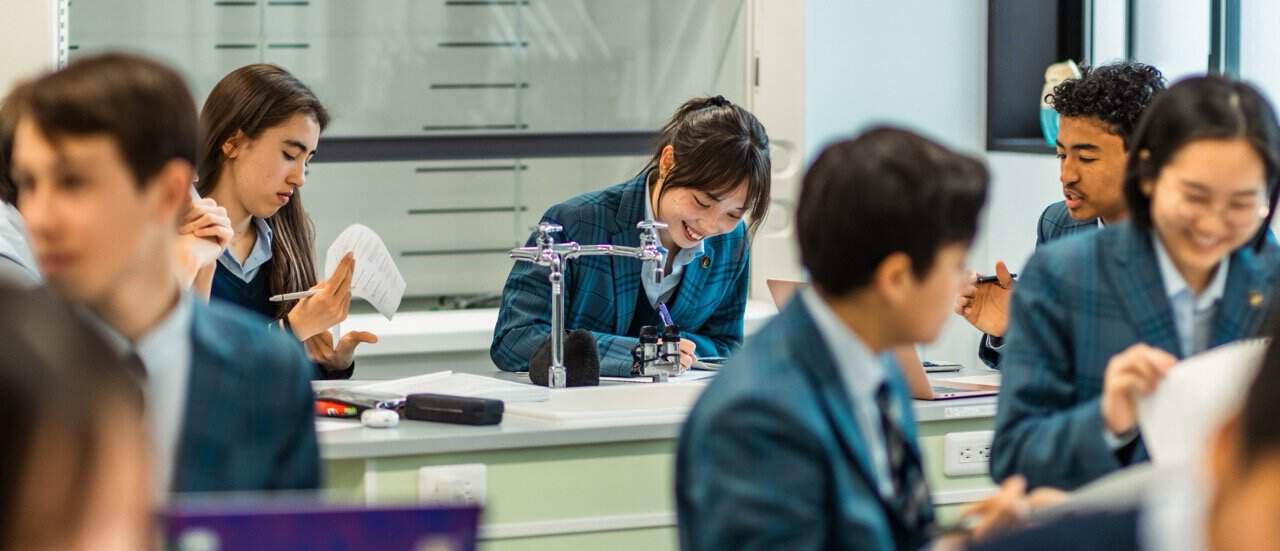
A Parent’s Guide to Studying A Levels in Japan
Feb 6, 2026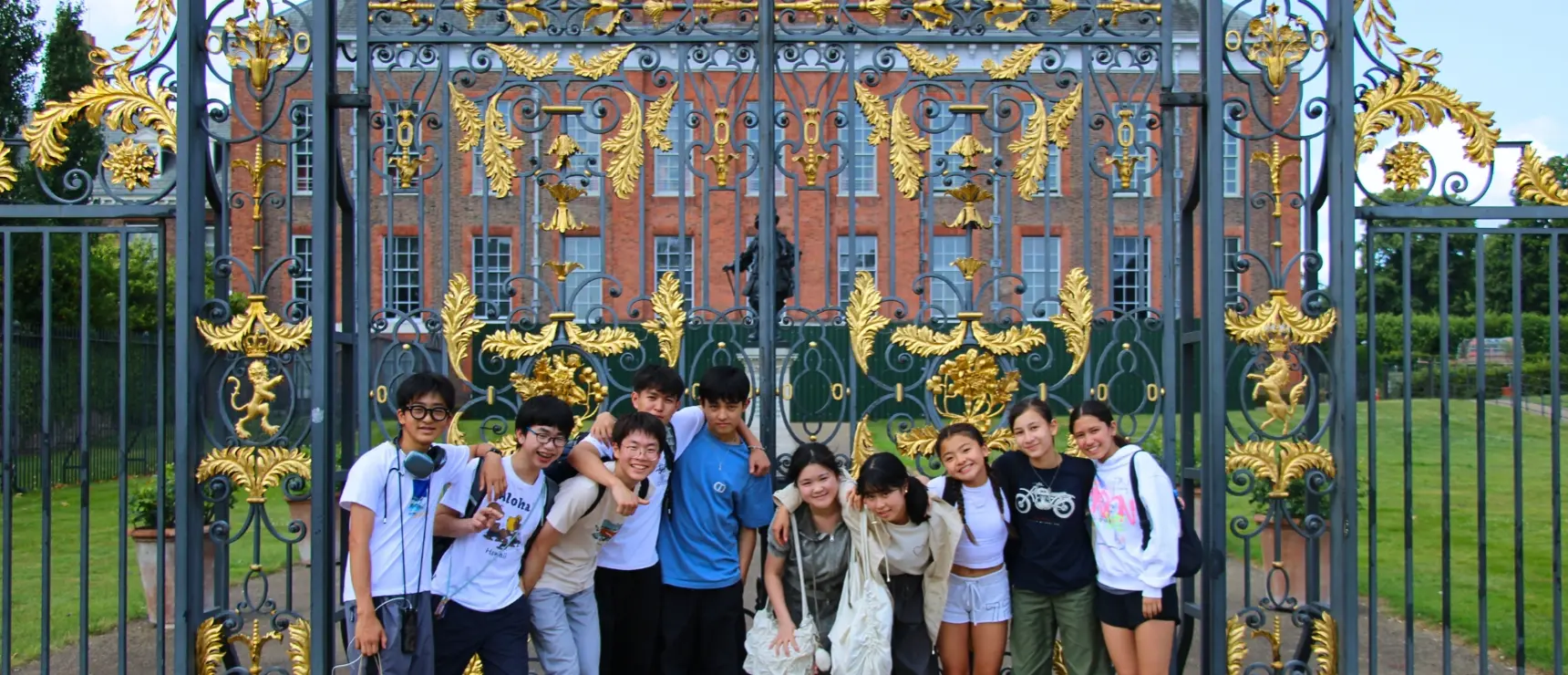
Global Connections, Lifelong Friendships: Rugby Group Exchanges
Aug 29, 2025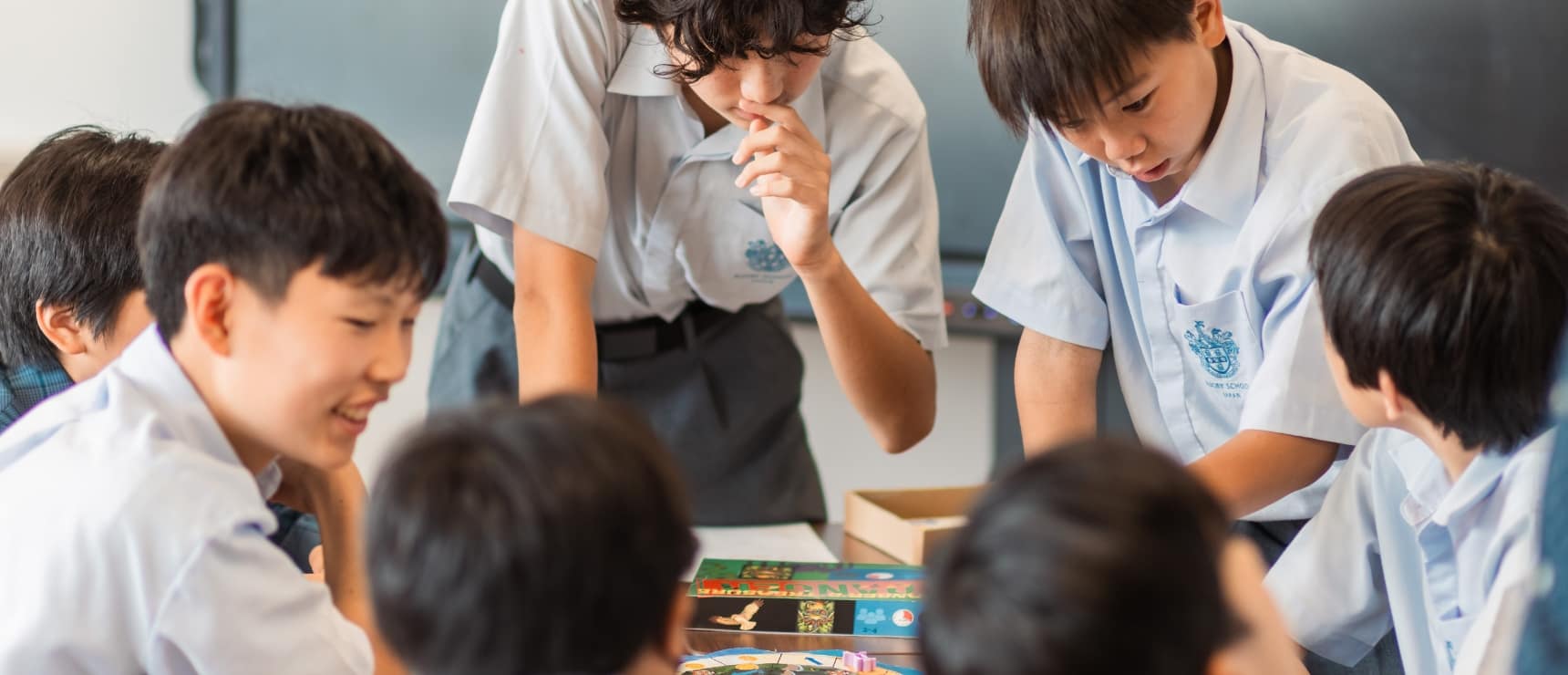
Designing for Play: How RSJ is Teaching Pupils to Think Creatively
Jul 21, 2025
What World-Leading Universities Are Really Looking For – And How the Right School Sets Pupils Up for Success
Jun 23, 2025